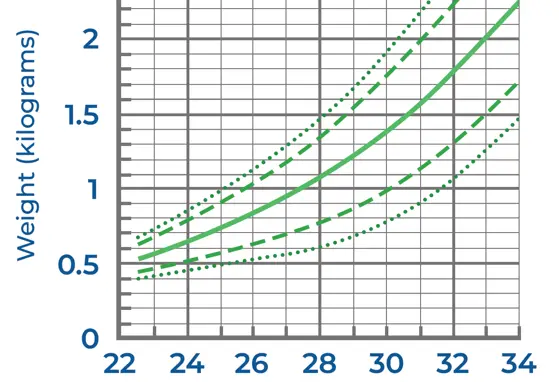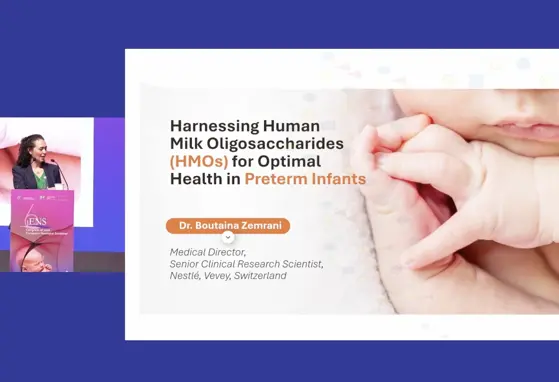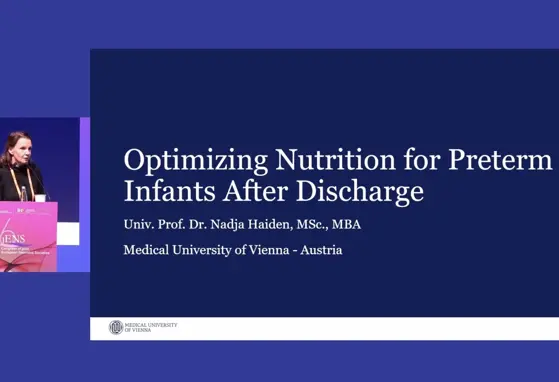Low Birth Weight
Premature, small for gestational age and low birth weight babies are an important public health concerns, especially in developing countries.This section covers the importance of using different nutrition approaches when managing low birth weight. It also brings extensive information on the nutritional requirements and adequate interventions recommended to ensure the best possible outcomes.

Pediatric Intervention - What Works and What Doesn't Work

Protein and Amino Acid Metabolism in Fetuses and Preterm Infants


Post-discharge nutrition of preterm infants: a complex intervention

Growth of SGA infants: fat or fat free mass – first study results

Gluten introduction and the risk of celiac disease. New ESPGHAN guidelines


Protein, Peptides and Amino acids: Role in Infant Feeding


